
Gov. Andrew Cuomo announcing rural broadband initiatives in New York.
It was called “Broadband for All” — New York Governor Andrew Cuomo’s commitment to bring high-speed internet service to every New York State resident. But it now appears the governor will break that promise and leave more than 72,000 rural New York residents with satellite-delivered internet that does not come close to meeting the broadband speed standard and is infamous for customer frustration, slow speeds, and low data caps.
Ensuring High-Speed Internet Access for Every New Yorker
In today’s world, internet connectivity is no longer a luxury—it is a necessity. Broadband is as vital a resource as running water and electricity to New York’s communities and is absolutely critical to the future of our economy, education, and safety.
In 2015, Governor Cuomo made the largest and most ambitious state broadband investment in the nation, $500 million, to achieve statewide broadband access by 2018.
The New NY Broadband Program sets as its goal access to speeds of 100 Mbps for all New Yorkers, with 25 Mbps acceptable in the most remote and rural areas. The cost must not exceed $60 and there is a general prohibition of data caps. This goal exceeds requirements of the FCC’s Connect America Fund program and requires that projects be completed on a more accelerated timeline.
Today, the governor announced the state grant winners to split $209.7 million in the third and final round of awards to offer 122,285 additional homes, businesses, and institutions broadband internet service.
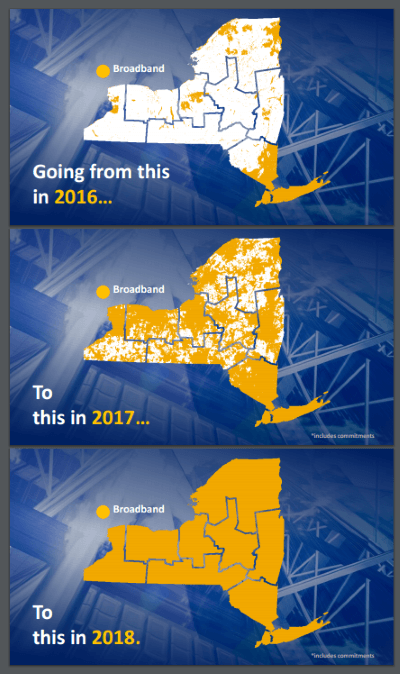
“These latest awards through Round III of the New NY Broadband Program will close the final gap and bring high-speed broadband to all New Yorkers in every corner of the state,” the governor’s office claimed.
Except it won’t.
Tucked in among the grant award winners is a $14,889,249 grant to Hughes Network Systems, LLC, targeting 72,163 rural New Yorkers, more than half of the total number of customers to be reached in the third round. Hughes operates the HughesNet satellite internet service, a technology derisively known as “satellite fraudband” for routinely failing to meet its advertised speed claims. It’s also known as “last resort internet” because it is slow, expensive, and heavily data capped.
Complaints about HughesNet are common on websites like Consumer Affairs:
“Extreme false advertising. Over the first 30 days with HughesNet Gen5, I averaged 3 Mbps download when advertised 25 Mbps. I canceled when they couldn’t answer why I used 20 GB of data in less than 24 hours. I am a 55 year old average internet user. No streaming. No music. No videos (YouTube). DO NOT GET THIS SERVICE EVEN IF NO OTHERS ARE AVAILABLE.” — Dennis, Tazewell, Tenn. (1/25/2018)
“HughesNet claims high speed internet in our region. Clearly not available here, 3 service calls, with exchange of equipment, 50 calls – recorded leaves us no choice, we demand that this contract be null/void without stealing $399 cancellation. A despicable Company, uninformed customer service, average speeds with a video; upload speed 0.62 Mbps, the download speed is 1.28 Mbps. Help!!!” — Jeffrey, Kerhonkson, NY (1/21/2018)
“Promised speeds of no less than 25 Mbps. Actual speed received was 5-9 Mbps. Unable to stream anything. Computer programs did not operate and did not update as required. We have cancelled HughesNet at great cost to us. Worst internet service ever.” — Jennifer, Hartsville, SC (1/12/2018)

Pat (last name withheld) lives 1.3 miles from the nearest Charter Communications customer in Niagara County, near Niagara Falls and is very disappointed with recent developments. Charter has quoted an installation fee of $50,000 to extend their cable service and Verizon has refused to provide DSL service, leaving Pat resorting to using an AT&T mobile data plan, which is expensive and gets throttled after using more than ~22 GB a month.
“This was a scam from Jump Street,” Pat said. “Phase 3 has 70,000 out of 120,000 homes getting satellite internet, a technology that was already available. It also gives $70 million to Verizon who declined funds in first place. Five years and $675 million later and still no internet for my kids.”
 “This is a huge disappointment for us,” Pat added. “We were counting on this happening. Told numerous times it would. Now we have to debate moving, we can’t continue not having internet. My oldest son just graduated high school never having internet at home.”
“This is a huge disappointment for us,” Pat added. “We were counting on this happening. Told numerous times it would. Now we have to debate moving, we can’t continue not having internet. My oldest son just graduated high school never having internet at home.”
“I have written and spoke with New York Broadband Program Office and it was clear to me from the beginning they didn’t understand the problems they faced, namely infrastructure costs,” said Pat. “They didn’t want to hear it. They wrongly assumed that telecoms would bid and everyone would have internet. I knew when announcements were delayed that the bids for last mile didn’t come in. Tragic really. I think they made a mistake accepting that money from the FCC. Satellite was never on the table until that happened.”
Stop the Cap! readers have told us satellite internet is the worst possible option for internet access, and many have reported better results relying on their mobile phone’s data plan. But New York’s solution for more than 70,000 of its rural citizens — many that believed the governor’s commitment of 100% coverage — is to saddle them with satellite internet access starting at $49.99 a month for a paltry 10 GB of usage per month. The top plan on offer costs $99.99 a month and is capped at 50 GB a month before a speed throttle kicks in and reduces speeds to dial-up levels. A 24-month contract is required with a very steep early cancellation penalty.
Another surprising winner is Verizon Communications, a company that originally refused to participate in rural broadband expansion efforts. Verizon will accept more than $70 million to expand its broadband service to 15,515 homes, businesses, and institutions in the Capital Region, central New York, the North Country, and Southern Tier. At press time, it is not known if Verizon will bring FiOS or DSL to these customers.
Because New York State relied on private companies to bid to cover unserved residents, it seems clear HughesNet is the default choice for those New Yorkers stranded without a telecom company bidder. Although that will allow Gov. Cuomo to claim his program reaches 99.99% of New Yorkers, the rural broadband problem remains unresolved for those who were depending the most on New York to help bring broadband to rural farms, homes in the smallest communities, and those simply unlucky enough to live in small neighborhoods deemed unprofitable to serve.


 Subscribe
Subscribe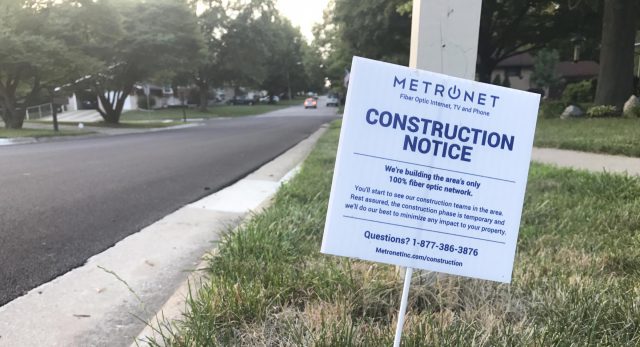 Exurban communities in northern Illinois bypassed for upgrades from second-rate cable companies and considered too-small-for-fiber by AT&T are clamoring for a third option that will deliver fiber optic broadband.
Exurban communities in northern Illinois bypassed for upgrades from second-rate cable companies and considered too-small-for-fiber by AT&T are clamoring for a third option that will deliver fiber optic broadband.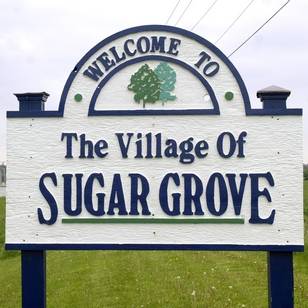 Sugar Grove is just one of several exploding exurban communities in the far western suburbs of Chicago. As residents migrate further away from the city center, they expect services to migrate with them. But when essential utilities are in the hands of private companies, smaller towns and villages are often frustrated to hear there is not enough Return On Investment to provide 21st century quality service.
Sugar Grove is just one of several exploding exurban communities in the far western suburbs of Chicago. As residents migrate further away from the city center, they expect services to migrate with them. But when essential utilities are in the hands of private companies, smaller towns and villages are often frustrated to hear there is not enough Return On Investment to provide 21st century quality service.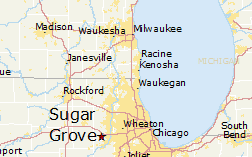 “The MetroZone opportunity is a milestone in that we are able to track those who are interested in us coming to the village of Sugar Grove,” said Kathy Scheller, business development manager for MetroNet. “Our goal is to have 25 percent of the village pre-signed by Feb. 28.”
“The MetroZone opportunity is a milestone in that we are able to track those who are interested in us coming to the village of Sugar Grove,” said Kathy Scheller, business development manager for MetroNet. “Our goal is to have 25 percent of the village pre-signed by Feb. 28.”
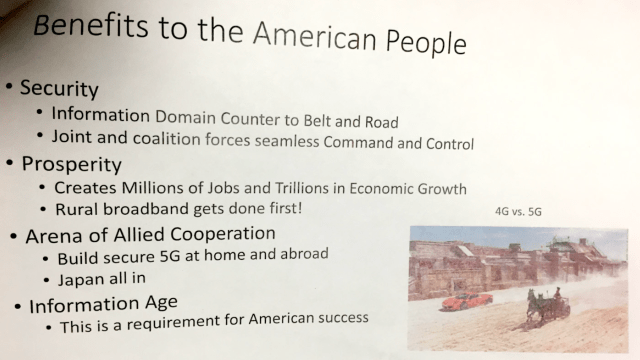
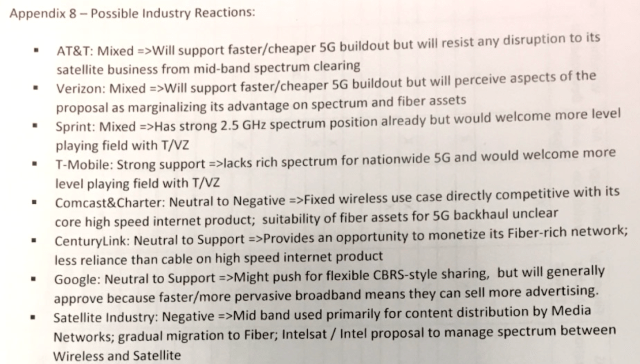
 Just shy of 10 years after FairPoint Communications acquired Verizon’s landline properties in the northern New England states of Maine, New Hampshire, and Vermont, both the company and its name are disappearing forever.
Just shy of 10 years after FairPoint Communications acquired Verizon’s landline properties in the northern New England states of Maine, New Hampshire, and Vermont, both the company and its name are disappearing forever.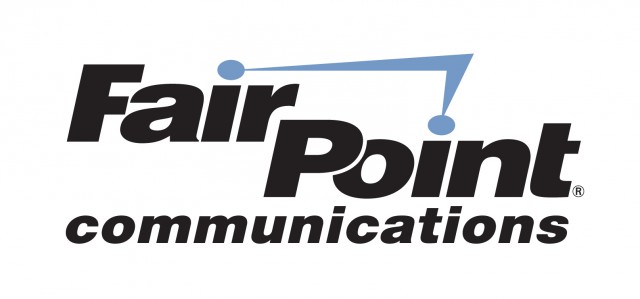 By early 2016, executives claimed their “turnaround” plan for FairPoint had made significant strides. By that summer, activist shareholders were demanding FairPoint be put up for sale, in part to allow them to quickly recoup their investments in company debt that could not be monetized unless another company acquired FairPoint and assumed those debts.
By early 2016, executives claimed their “turnaround” plan for FairPoint had made significant strides. By that summer, activist shareholders were demanding FairPoint be put up for sale, in part to allow them to quickly recoup their investments in company debt that could not be monetized unless another company acquired FairPoint and assumed those debts. Promised broadband upgrades from speed increases come with few details, except a broad commitment to raise speeds for 300,000 internet customers over the course of this year — which represents about 30% of FairPoint customers. Spokeswoman Angelynne Amores claims there will be no price hikes for faster internet speeds.
Promised broadband upgrades from speed increases come with few details, except a broad commitment to raise speeds for 300,000 internet customers over the course of this year — which represents about 30% of FairPoint customers. Spokeswoman Angelynne Amores claims there will be no price hikes for faster internet speeds. Charter Communications has ended more than a decade-long relationship between Earthlink and Time Warner Cable by quietly pulling the plug on Earthlink’s cable broadband service.
Charter Communications has ended more than a decade-long relationship between Earthlink and Time Warner Cable by quietly pulling the plug on Earthlink’s cable broadband service.